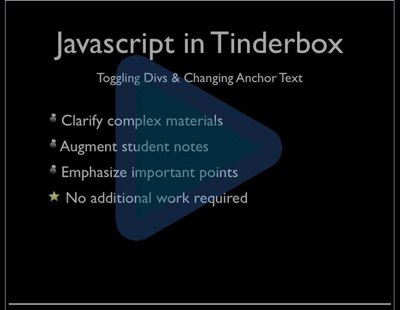At the doctor for my annual physical, I was talking to the nurse-practitioner about Portugal and France and eating. “But could you read the menus?” she wondered with evident concern. On the whole, I don’t worry much about menus in Europe; I can usually get the food group roughly right, and I like to be a bit surprised.
There have been mishaps, like the time in Sienna when I accidentally ordered a large, creamy pastry with my beer.
But, occasionally, unexpected things emerge from the kitchen. Usually, mishaps are a matter of taste; it’s supposed to taste like that, they like it this way. You don’t. This is called getting an education. And, on the whole, every place you eat is pretty good, especially in lands where people like to eat; when you come right down to it, it’s not more costly or really more difficult to cook simple food competently than to do it badly. A decent diner can last forever, and a wretched one can easily be run out of town.
Which leaves us at Estalgem Porto Antigo near Cinfães. It has a gorgeous setting, overlooking a Douro river so broad and placid that it could be a mountain lake. It has a lovely new Scandinavian-style building, all wood and glass. It’s got fine service.
And it has spoiled shrimp in its omelets. It has bacalao that hasn’t been soaked sufficiently, and so is much too salty. It has what one of my distinguished fellow-diners called “the worst Bolognese I’ve ever had”. (I didn’t try, but it looked a lot like a consomme raft) We tried it twice (long story), and it didn’t improve
I’m not a critic, and so usually when things don’t go swimmingly well I just don’t write about them. Especially on the road, because de gustibus and because I might simply not understand, or perhaps I accidentally asked for something I didn’t want. (Elsewhere in Portugal, I was almost served white port and quinine water because I asked for “tawny” and the barman heard “tonic.” Seriously.)
Tips for eating in doubtful places:
- When you don’t trust the kitchen in a restaurant of some pretension, think ingredients. Everyone can grill good meat, or make a good fresh salad. If you suspect they don’t know what they’re doing, give them simple stuff to do.
- When keeping things simple, keep them really simple. (That shrimp omelet was asking for trouble. Remember, fines herbes are your friends)
- Order fried foods only in a busy place that’s serving a lot of fried food. Frying works best when you do a lot of it. Braises (or barbeque) work better when things are quiet.
- Don’t order mussels unless you’re really sure about the kitchen. Again, crowds are your friend. A bad mussel can ruin your day. If a crowd has its day ruined, the restaurant will likely be gone tomorrow. It’s like the time travel paradox; kitchens in Bruges take care of the health of their moules frites for the same reason that you don’t bump into paradox-causing time machines parked on every corner.
- In a very modest restaurant that might be good, try things that require labor and lead time but avoid special ingredients. Marinated meat, for example: it takes forever to do it yourself, but by definition an old hole in the wall has forever. Breads and braises too — especially if you see an oven.
- If the waiter or counter-man is friendly, you can almost always communicate the request, “feed me: even though I am American, I will be happy to try what you like.” The bit about Americanness is important, because through much of the world, people assume that Americans prefer bad food; acknowledging this promises that you won’t blame the poor fellow for feeding you well. And if the waiter or counter-man is not very friendly, there are lots of other places to try.
Incidentally, I think the next big eating trend will be dining at counters, getting the food directly from the person who cooked it, and freeform off-the-card unmenus.


